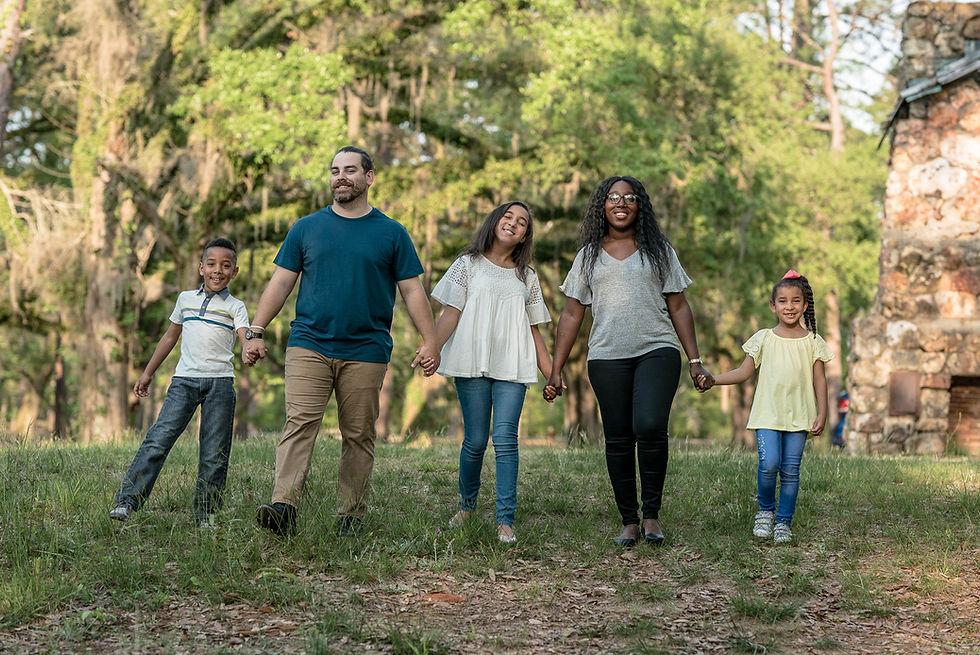“Family participation has also led to decreased psychotic symptoms, recurrent hospitalizations, burden of care, as well as the overall cost of treatment” (Pernice-Duca, 2010) This was part of the JOURNAL OF MARITAL AND FAMILY THERAPY – January 2010.
“The study by Francesa Pernice-Duca ( Wayne State University) revealed that support and reciprocity with family members are important dimensions of a personal support network that relates to the recovery process. “
These two statements are proof of how important family is to the recovery of loved ones struggling with mental health issues. When one is struggling the whole family struggles. Reflecting back, when we were told our daughter had bipolar disorder, every member of the family was affected. Her husband was wanting to understand what was happening, her siblings were hesitant to talk to her for fear of triggering another episode and my husband and I were shaken to the bone. Who do you lean on when everyone is dealing with their own emotions, thoughts and feelings? It was overwhelming and heart wrenching.
BUT, here’s the catch. When someone in the family is struggling, other family members may not know how to approach the situation. Relief is paramount. Worry, stress, frustrations without release can result in anger, resentment and feeling hopeless.
The key thing to remember is that when you are faced with overwhelming situations, it is about the whole family coming together to help each other through the challenges. But it is important that everyone get the help they need to work through their emotions, feelings and thoughts. When everyone else gets the tools needed to approach the situation effectively and the loved one gets the professional help they need, the whole family is walking side by side to get through the troubling times. My daughter said that the game changer for her was when the family stopped making her feel she was the problem and instead started walking beside her, supporting her and listening to her.
Below is a dialogue to help you with starting a conversation and understanding what is happening with loved one.
Joe (loved one) says – I am tired of everyone telling me what to do
You (supporter) – What are you being told to do?
Joe – I am told to get up and do something rather than stay in bed.
You – tell me more about what it feels like being told to do this
Joe – I feel frustrated that no one understands what I am going through
You – It must be frustrating when you don’t feel understood. What are you going through?
Joe - I have no energy or desire to get up. I feel hopeless that I won’t feel better
You – Why do you think you don’t have energy or the desire to get up?
Joe – I don’t know how to have more energy so I can have the desire to get up
You – Joe, would you be open to hearing some ideas for your consideration?
Joe – Yes
Recap of the dialogue – understand what is going on inside of someone rather than what you see on the outside. Listen and reflect back what you hear so they know you were listening rather than blurting out what they should do. No more shoulding all over them. Their energy won’t increase if you just tell them what they should do. It has them feeling incapable of helping themselves. Your ideas may be more accepted if you ask if they are open to them.
What did you learn from the dialogue? If you are not getting the outcomes you are wanting, what will you do different?
Every family member can make a difference when each takes a look at what they are doing, feeling and thinking and analysing how they can do better. I had to change how I listened and communicated. I was lousy at it because I was reactive to situations instead of responding in a more effective way.
Only when every family member makes an effort to change what they need to change about themselves to improve the situation will the family dynamics improve to where the recovery process of your loved one will be possible.
The loved one’s problems, everyone is frustrated. Why? First the loved one doesn’t feel heard and understood. Before you start giving ideas, listen, ask questions before the family are telling them do this or do that and the ideas given may not fit the situation. Listening to what is said when ..what can we do, reflect back what was said. You can ask the question….would you be open to hearing some more options for consideration? Family members who can be calm, listen, ask questions for more clarity and understanding will have a better chance of having loved one engage in the conversation. What else is happening, is the loved one is feeling more empowered because of being included in the process rather than being told what to do. Question for those supporting a loved one…ask yourself, what is triggering your emotions? How are you going to work through your feelings, thoughts and emotions? Something to think about is … who can you talk to share your inner challenges? For your consideration as options, is write your thoughts feelings down or take a quick 10 minute walk.


Comments